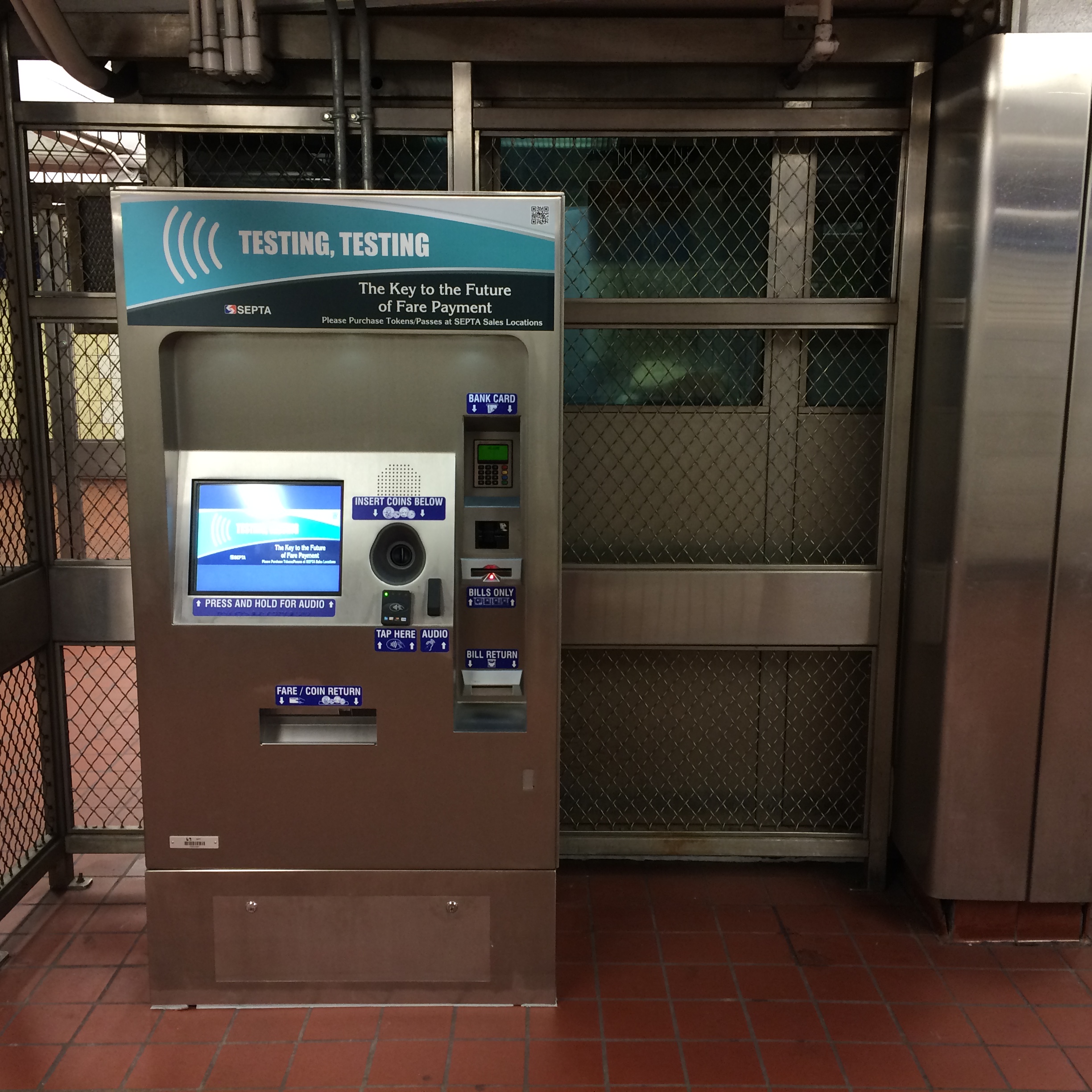SEPTA Key should roll out by April 2016, despite latest project spec changes

Following today’s Board meeting, SEPTA Key Project Manager Kevin O’Brien said the agency hopes to begin rolling out SEPTA Key, the authority’s new fare payment technology system, by April 2016.
The hope to see the new payment technology launched in the next three months comes despite yet another amendment to SEPTA Key’s design and implementation contract. The SEPTA Board authorized the transit authority’s 10th change order on its contract to develop and implement SEPTA Key, the long delayed new fare payment system. Change orders are essentially amendments or extensions to an existing contract, which either expand or modify the underlying project’s scope of work.
The Board also authorized an amendment to its service agreement with Amtrak, which will increase SEPTA’s annual lease payments to Amtrak for use of its Northeast Corridor lines from $28.6 million to $46 million. The Passenger Rail Investment and Improvement Act of 2008 created a commission with representatives from the passenger rail authorities that use the Northeast Corridor charged with creating a new methodology for allocating costs.
SEPTA General Manager Jeff Knueppel cautioned that SEPTA Key still needs to finish pilot testing, which has been ongoing since February. As new bugs have been discovered during the pilot tests, SEPTA has had to push back the start date. According to Knueppel, most of the front-end technology issues have been resolved—back-end accounting bugs have been delaying the system as of late.
Earlier this year, the authority said it hoped to begin rollout by the end of this year, and the original completion date was the end of 2013.
SEPTA Key will activate first for weekly and monthly transit-pass holders, CFO Richard Burnfield said. Following that, the system will be implemented on regional rail and tokens will be phased out. All told, the rollout will take a few months.
This latest change on the SEPTA Key implementation order authorizes another $4,799,800 in payment to ACS/Xerox Transport Solutions, Inc., which was awarded the SEPTA Key bid back in November 2011. The change order was initiated by ACS with 64 changes to the contracts specifications.
In a previous change order initiated by SEPTA, disposable fare cards were added to the system. Social service agencies that currently hand out tokens to those in need asked SEPTA to provide disposable cards—as opposed to the more permanent Key cards—to hand out once tokens are phased out, said Burnfield. This change order included software changes identified by ACS to make those disposable cards work.
Seniors and disabled riders, who both receive significant discounts today, will also be eligible for specialized Key cards once the new technology launches.
With other change orders, the total cost of SEPTA Key is now $140.6 million. The original contract listed total costs at $129.5 million.
This change order did not state when SEPTA Key may be activated. The authority has been installing kiosks and card readers in vehicles and stations across the system. SEPTA Key will activate first on buses, subways and trolleys. A few months later, SEPTA will activate the new fare system on its regional rail system.
SEPTA is the only transit system servicing a major American city still using tokens.
Even before the contract was awarded, the SEPTA Key incurred numerous delays and setbacks.
WHYY is your source for fact-based, in-depth journalism and information. As a nonprofit organization, we rely on financial support from readers like you. Please give today.



